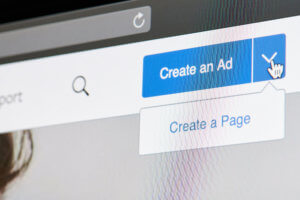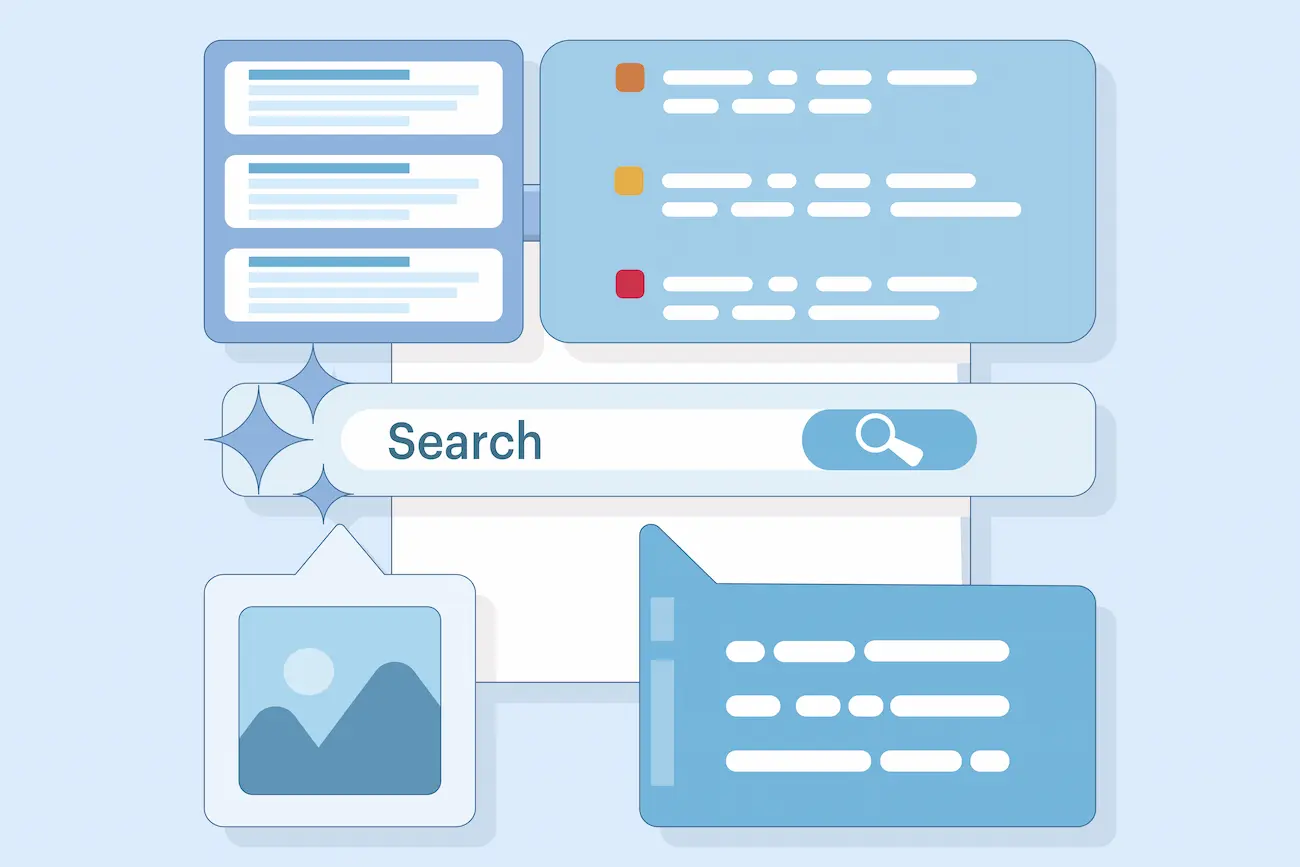Facebook's Removal of Detailed Targeting in January

Facebook has long dominated the social media landscape. However, faced with mounting pressure to meet ever-changing privacy regulations, Facebook decided to eliminate thousands of advertising targeting options this past January. While advertisers are obviously concerned, it may not be as bad a situation as some might believe.
Just last Tuesday, March 15th, Facebook’s parent company Meta was hit with a 17 million euros ($18,768,170 US) fine for breaching European Union data privacy laws. While nowhere near the 2019 record $5 Billion US fine from the United States Federal Trade Commission, this most recent European fine is yet another example of why Facebook was forced to change.
As stated by Graham Mudd, VP, Ads & Business Product Marketing at Facebook on November 9th, 2021:
Starting January 19, 2022, we will remove Detailed Targeting options that relate to topics people may perceive as sensitive, such as options referencing causes, organizations, or public figures that relate to health, race or ethnicity, political affiliation, religion, or sexual orientation. Examples include:
- Health causes (e.g., “Lung cancer awareness”, “World Diabetes Day”, “Chemotherapy”)
- Sexual orientation (e.g., “same-sex marriage” and “LGBT culture”)
- Religious practices and groups (e.g., “Catholic Church” and “Jewish holidays”)
- Political beliefs, social issues, causes, organizations, and figures
Facebook became the dominant player in social media largely because of its ability to track everything and anything about the users on its platform. That gave advertisers invaluable insight into granular data, the kind of data they could leverage to deliver extremely detailed and focused ads. Facebook promised to make changes under mounting pressure from multiple global governments and regulatory bodies.
A Changing Digital Advertising Landscape
While the thought of losing thousands of Facebook targeting criteria may seem daunting to advertisers, the reality is that it’s been expected for some time; today’s digital advertising economy is dramatically changing, and either large social media platforms like Facebook go along with that change, or they face stiffer penalties.
In many ways, this move was expected. In fact, in 2018, the European Union initiated unprecedented legislation called “General Data Protection Regulation”. The GDPR explicitly stated that individuals have a fundamental right to control their own data. Any digital company that breaches the conditions set forth in GDPR can face fines of up to 4 percent of its annual revenue. More importantly, there are no caps on the number of penalties that can be enforced on those companies.
Facebook is Just the Beginning

Facebook realized their recent January change was absolutely required. They knew a review of how they deliver personalized ads to users was long overdue. However, Facebook isn’t alone. Google and Apple have also adjusted. Apple now forces several app developers to initiate prompts asking mobile users if they accept being tracked. Google has also made it more difficult for apps to track users once those users opt-out.
While Facebook is the largest social media player, it’s only a matter of time before other social media platforms are forced to make similar ad targeting changes. Ultimately, for advertisers, this means losing some of the targeting precision that makes these social media platforms so alluring. After all, these platforms have always empowered advertisers by providing endless targeting information and granular data about their target audience. However, does this really mean that advertisers won't be able to reach their target audience through Facebook ads? No, it does not.
Advertisers Will Adjust
The sky is not falling, and no, these changes don’t mean that advertising on Facebook and other social media platforms will become a thing of the past. Instead, this entire situation should be viewed as a natural reaction to how easy it was for social media and online businesses to track users. It got out of hand and regulations like GDPR and others were seen by many privacy advocates as long overdue.
Several advertisers used cause-based marketing to build their brand on causes, movements, and beliefs that connected with younger audiences. The granular data made available by Facebook and other social media platforms play a critical role in building those brands. However, eliminating that granular target data doesn’t mean these advertisers won’t be able to reach the same audience.
Facebook has stated that today’s brands will still be able to use Facebook’s Engagement Custom Audiences tool. This means advertisers will still be able to target users that have visited a given page, liked it, interacted with it, or watched a video. Ultimately, this Facebook change doesn’t eliminate categories. Instead, it removes some of the lower-level, drill-down targeting options that in many instances are overkill.
Moving Forward

If you’re a company that advertises on Facebook, then you’re likely to be questioning just how impactful this change is for you. That depends upon just how specific your targeting criteria are. There may be no change to your targeting options, or you may have to review those options and opt for different criteria.Start by reviewing your targeting options. Next, track your click-through rates (CTR) and conversion rates and compare them to a similar period, be it a week or month. You need to understand how this change impacts your ability to connect with your audience before you decide to make any adjustments. You may just find that you’re still able to reach the same audience.At this point, it’s a waiting game. These changes are very recent, and most advertisers have yet to see what impact they’ll have if any. Pay close attention to news and trends about how these changes have impacted other advertisers. You may gain some insight on how to handle this situation.
PBJ Marketing: Your Digital Partner
At PBJ marketing, we know how overwhelming and concerning this most recent change can be for you. However, we believe there is always a solution. If these changes have impacted your ability to reach your target audience, then we can help. We will work with you to find a solution that puts you back in the driver’s seat. Call or contact us now.


.png)


